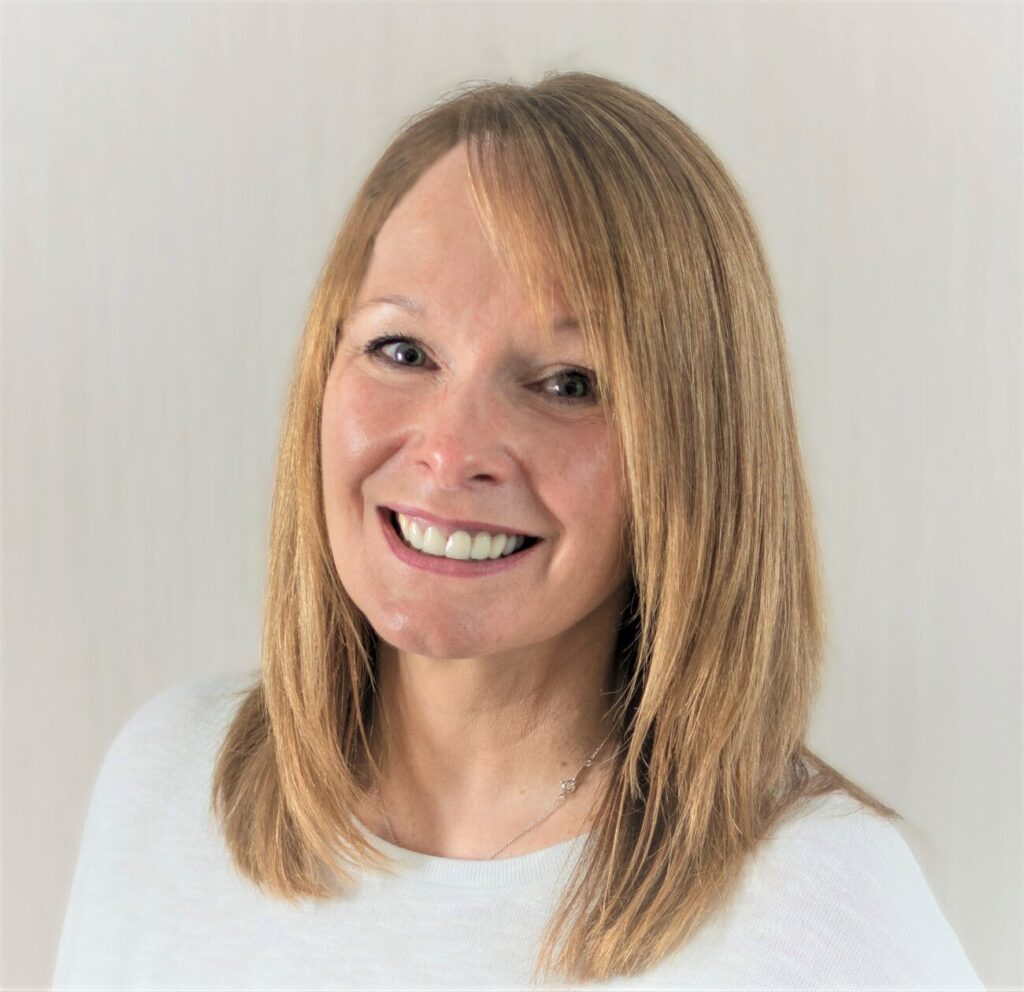‘Positive disruptor’ aims to revitalise care sector via robotics and assistive technology

A ‘POSITIVE DISRUPTOR’ is driving transformation in care by revitalising services for those in need of support to live independently.
Celebrating three years in business, Thoughts Become Things director Sue Jones, from Penrhyn Bay near Llandudno, has made huge strides in changing perceptions and raising standards during the Covid-19 pandemic.
Working alongside some of the UK’s leading care organisations she says there has been a sea change in how operators think, a move toward online technology and acceptance things must evolve to ensure care delivery is fit for purpose in the future.
Ideas including GPS trackers and sensors, wellbeing apps, and robotics to support rehabilitation are among those that will have to be introduced by private domiciliary care providers if they are to grow in an ethical and sustainable way, said Sue.
She added: “The nature of Thoughts Become Things is in thinking differently and turning ideas into reality, and over the last three years I’ve been able to do that.
“As a profession we have to move forward; I have seen changes since the onset of the Coronavirus pandemic, with many looking at transitioning away from the tired, traditional model of transactional hourly care to a client fee-paying proposition.
“Also, changing the old-style language and terminology such as ‘time and task’, ‘home help’, ‘personal care’ and ‘companionship’ to something that people want and need – ‘wellbeing’, ‘nutritional support’ and ‘tailored care’ – is essential.
“That said, we need to go a lot further than this if care services are going to be able to cope with demand in the future. If the last year has taught us anything it’s that there are huge opportunities out there to improve and do better.”
With more people living longer, Sue says this must be a watershed moment with a clear movement towards advances in assistive technology.
These views are reinforced in a 2019 report by national charity HFT, which revealed 76% of homecare providers agree use of technology leads to improved outcomes for the people they support.
That said, 81% of them readily admitted they are not using it to its full potential.
“Tens of thousands more people in the UK alone are going to be needing some element of care over the next 30 years, far more than current and even future care businesses can cope with,” she said.
“This is why we have to be open to new ideas, including paid neighbourhood care, social housing, intergenerational living, social prescribing, and community-led projects with people rather than profits at the crux of the decision-making process.”
Sue added: “The future-proof virtual webinars and workshops we’ve held in past months have raised these points, and businesses have embraced the need for change. Now they must turn that into action.”
Because of this need, Thoughts Become Things is partnering with a digital transformation consultancy, providing an end-to-end solution for clients.
“New ways of thinking and doing are not a threat to the industry, they are enablers that will provide the client with a person-centred service tailored to their needs, not a one size fits all operation that is completely outdated,” said Sue.
“Of the 10,500 organisations delivering care in people’s homes in the UK, very few of those are really looking at innovation and investing in technology.
“The outcomes and ideas we are providing have been well-received and it’s time others were as forward-thinking and took a long-hard look at where they see their businesses in the years ahead.
“However it’s done, we have to deliver better outcomes and it has to be person-centred – there is no other way forward for the care sector if it is to meet the challenges ahead.”
For more information, visit www.thoughtsbthings.co.uk
Watch the online seminars and events with Thoughts Become Things on YouTube: https://www.youtube.com/channel/UCp7ebTtH9B8DtsHvm59BEoQ/featured?disable_polymer=1




